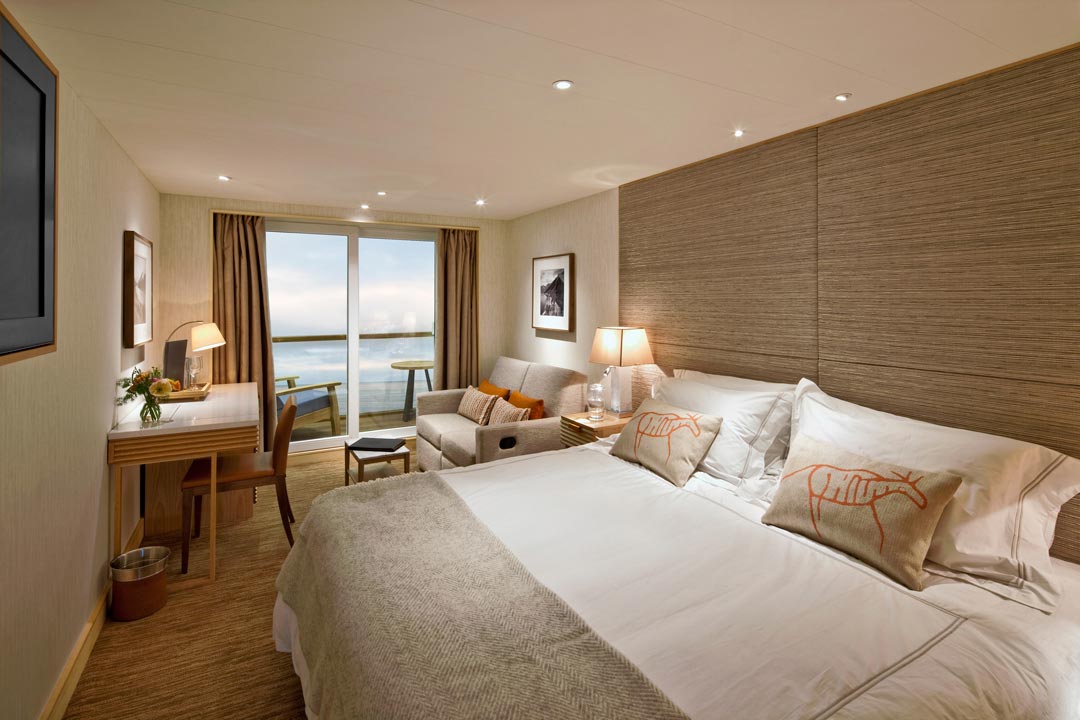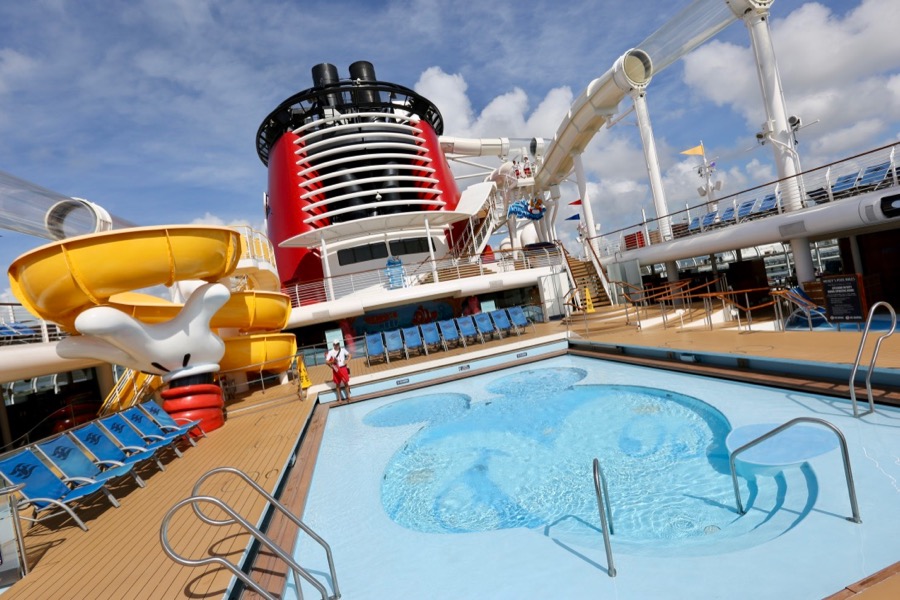
There are many employment opportunities in the cruise industry, which is multi-billion-dollar. You can also experience exciting new places, in addition to financial rewards. As a Cruise Ship Cook, you can learn many cooking and restaurant skills.
While the average pay for a Cruise Ship Cook varies by location, the top earners can make up to $90,000 a year. This includes those who specialize in different cuisines. To qualify, you need to have at least a two-year college degree, a culinary degree, and a minimum of a year of experience.
In addition to preparing meals, a Cruise Ship Cook may be asked to greet guests and make beverage arrangements. They may also be asked to make garnishes for cocktails. Many cruise ships offer multiple dining areas and buffets. These spaces are usually staffed full-time with chefs, cooks, and other staff. As a result, the job can be intense.

As a Cruise Ship Cook, your responsibility is to manage the food supply. You will need items to stock according to your passengers. For example, a 3,500-passenger ship uses 250,000 eggs and 600 pounds of butter per week. Your salary will depend on your years of experience.
A typical cruise ship workday takes about 11 hours. However, if your work is scheduled as part of a specialty meal, you could spend as many as 40 hours on duty. You must be motivated and able to work overtime. Look for a certified employment agency to assist you in your application process if you're interested in a career of Cruise Ship Cook.
There are many specialties on board cruise ships. Celebrity chefs can be hired by some cruise lines. Curtis Stone, an Australian celebrity chef, is one example. Norman Love, who is a French chef.
Before applying for a Cruise Ship Cook position, you must have a cooking degree. Cruise companies typically hire chefs who have three to five years experience in a kitchen on the ground.

Strong interpersonal skills are important for cruise lines. Candidates should be familiar with how to use different equipment, such as automatic slicers. Candidates should also be able read and understand recipes. Candidates should also have basic Windows XP experience.
Cruise Ship Cooks are some of the hardest-working people I've ever met. They have to manage a heavy workload and also deal with dietary restrictions. Many chefs have formed friendships with other chefs around the world.
A Certified Hiring Agency can assist you in the application process. They handle hundreds upon thousands of applications every day and can arrange interviews with either a recruiter from the cruise line or a representative from the company. During your interview, you'll have the opportunity to showcase your cooking skills as well as your confidence.
FAQ
Why are cruise vacations popular?
A cruise is a great option for travelers who don't want the hassle of long flights and delays. The cruises offer a relaxed atmosphere that allows passengers to relax and enjoy their vacation without having to worry about work or other daily details.
Also, cruise ships make it easy to visit different locations on land or at sea. This gives travelers plenty of time for all the attractions and sights that are available in each location.
Can my pet be brought onboard?
Most cruise lines allow pets to travel aboard. There are restrictions, though. First of all, you must make sure that your pet is healthy enough to travel. Pets with serious illnesses should not be taken onboard. Secondly, you cannot bring any animals on board unless they are service dogs. Service dogs are specially trained to aid disabled people. Finally, you cannot bring any type of dangerous animal on board.
What 4 things determine the cost of a cruise?
The main factors determining the price of a cruise are the length of time you want to spend on board, whether you would prefer an all-inclusive package, how many people you plan to take along, and what type of cabin you have booked.
What is the cost of a cruise vacation?
A cruise vacation costs $1,000 per person plus taxes and fees. A family of four will pay $4,200 on average. This includes all meals and drinks, entertainment, activities as well gratuities.
What do you get on a cruise?
The most important thing is to have fun. You don't need to go overboard - just enjoy yourself.
There are many activities that everyone can take part in. If you are feeling bored, there will always be someone who wants to chat with you.
Cruising is about having fun and relaxing. It isn't about seeing everything.
There are many types of cruises available. They range from shorter trips across Europe to more extended journeys across the Pacific. The duration of the trip is determined by what you wish to accomplish during your vacation.
Statistics
- For an example of savings, Royal Caribbean offers up to a 40% discount with a dining package. (travel.usnews.com)
- In addition, 10 to 15 percent gratuity is typically added to bar bills — for alcohol and soft drinks — and gratuities are applied to spa treatments. (cruiseline.com)
- The line estimates savings of 50% when you purchase this bundle. (travel.usnews.com)
- *20% Gratuities Apply on Free Unlimited Open Bar; Free Specialty Dining. (ncl.com)
External Links
How To
How to avoid seasickness while on cruise
A hat is the best way to prevent seasickness while on cruise. A wide-brimmed cap helps to prevent motion sickness by keeping your head from moving too much.
Also, a cap keeps water off the skin and helps to reduce the moisture content of the air. People who feel dizzy from breathing in moist air can breathe easier.
Another tip is to drink plenty of fluids. Avoid alcohol or caffeine. These drinks dehydrate the body and make it harder for fluids to move around the stomach. Salt levels can be decreased by drinking enough liquids. Salt causes the body to retain water which leads to nausea.
If you do feel nauseous, try eating something salty. Salty foods increase the production of hydrochloric, which helps to break down food.
There are medication options available to help seasickness. Be aware that some medications may have side effects such as drowsiness, dry mouth, constipation, blurred vision, and headaches.